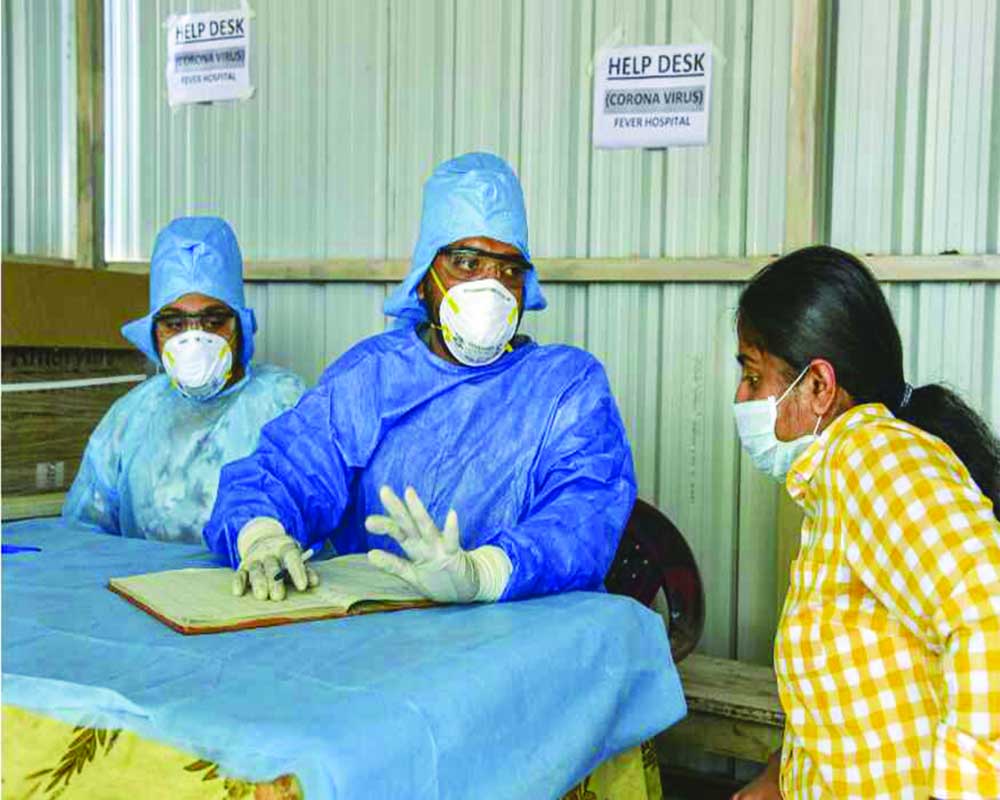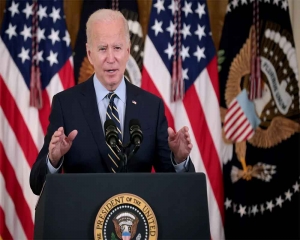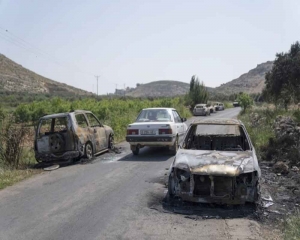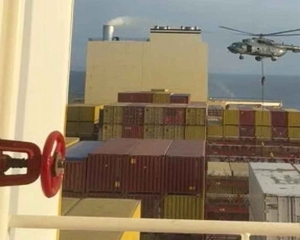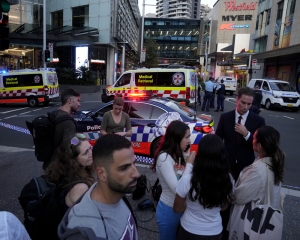If we are to halt the spread of the Coronavirus, we will have to work together and hard decisions will have to be taken now, regardless of their repercussions
If one were to look at the headlines dominating our news channels and the print media these days, the COVID 19 pandemic would be a distant third, behind the political upheaval in Madhya Pradesh following Jyotiraditya Scindia’s departure from the Congress Party and the collapse of Yes Bank amid allegations of fraud and deceit by its former chairman and founder, Rana Kapoor and his family. We would do well to remember that the former two issues, while important, are certainly not life-threatening. The glaring fact is that till about the third week of February, Italy had just about the number of cases that we have today. These crossed the 12,000 mark, with over 600 fatalities, in just a matter of a fortnight. There is of course the possibility that the Coronavirus may not impact us as badly for any number of reasons, ranging from high temperatures that are usually prevalent at this time of the year to the fact that we may be God’s chosen people. It may even be that because general hygiene is not exactly our strong suite and we have a better immunity because of it, we might beat any impact the Coronavirus might otherwise have on us. However, if these are the rationales that we prefer to exercise to ignore the imminent danger that the Coronavirus poses, then we may well be in for a rude shock.
Megan McArdle, The Washington Post columnist and author, uses this old brain teaser to explain the spread of the Coronavirus pandemic. “You have a pond of a certain size and upon that pond, a single lily pad. This particular species of lily pad reproduces once a day, so that on day two, you have two lily pads. On day three, you have four and so on. If it takes the lily pads 48 days to cover the pond completely, how long will it take for the pond to be covered halfway?” The answer is of course 47 days and not 24 as some of us may well conclude but more importantly even as late as day 40, one will barely know the lily pads are there as the numbers will still be quite small.
Now here’s the catch. Events in both Wuhan, where the virus is said to have originated, and Italy suggest that the number of people infected by the virus doubles every four-five days, which means a ten-fold increase every fortnight. But since there is no preventive anti-virus drug available yet, leaving aside some rather fanciful suggestions, our complete population is clearly at risk. This obviously implies that if appropriate preventive measures are not adopted, our healthcare system, which has inherent flaws already, is at great risk and is bound to be overwhelmed in a relatively short period of time, once the threshold is crossed. The threshold is the point at which we would just not have the required infrastructure, i.e. the doctors, nurses, beds or even the ventilators essential for treating those affected.
That in turn would have its own repercussions because once that occurs, the doctors would have to play God and select and treat only those patients who have the best chance of survival. Triage, as it is known in military circles, is allegedly already happening in Italy and may well have been resorted to in China. Without doubt, this would be the rational choice as one would rather provide the necessary medical facilities to a 20-year-old with better chances of survival and a brighter future ahead of him, than to a 65-year-old whose chances of making it are infinitely less. However, make no mistake, that if and when such a situation occurs, the medical fraternity will find itself under the spotlight, facing a great deal of scrutiny and controversy for the choices that they will make, given that these will greatly impact social cohesion for reasons not too difficult to visualise.
Therefore, when the Prime Minister and the Health Minister, himself a doctor, tell us not to panic, they undoubtedly make eminent sense, but for the fact that we do not really see the kind of drastic measures being initiated here as we have seen in China, Italy, Hong Kong or even Singapore. This is not a political issue and just talk of “being prepared” or “screening” cannot become the buzzword to suggest that the Government is in control. The sad fact is that in this specific case, for no fault of the Government, it is the Coronavirus that is in the driver’s seat and we, the people, are on the back foot. Fortunately, the Government has taken the important step of cancelling all visas issued for entry into the country for one month. While this will certainly help, whether it goes far enough in preventing infections remains to be seen. Because more than worrying about the virus being transmitted by those coming from the affected regions, we also have to take into account its transmission from within our own communities. The Government thus has little choice but to be ahead of the curve and cannot wait to be overwhelmed before it initiates the necessary curbs on movement and other such drastic measures to firewall the spread of the Coronavirus. Undoubtedly, this will add to our economic burdens, along with a host of other issues. But, that will be far lesser than if we wait till some predetermined numbers are affected, by which time it will be too late to halt the spread of the Coronavirus exponentially. As some experts have suggested, the time for mere containment is gone and we need to look at measures that will help in mitigation.
In this context, the Governments at the State and Centre would do well to remember that we have problems that are peculiar to us, which will greatly impact our ability to effectively implement the measures that they may put in place. For one, we have an extremely large part of our population that is ignorant about matters such as personal hygiene and what is worse, lacking the necessary infrastructure required like toilets and piped water. Issues which are of critical importance here. Moreover, many among us are wholly lacking in the understanding of their own civic responsibilities and tend to be even less inclined to fulfil them unless forced.
That apart, hyperbole, superstition and plain idiocy have run amok and there are those, including prominent political and religious leaders, who have made bizarre and scientifically-unproven claims about how to counter the Coronavirus. Unfortunately, their views receive uncalled for publicity thanks to social media and add to the confusion.
Second, unlike China, we neither have the ability nor the self-discipline to ensure that measures such as lockdowns can be effectively implemented by our police force. If we are to control access and prevent gatherings of crowds, especially for religious events, then there is an urgent need for the Government to mobilise the Central Armed Police Forces and the military with the necessary protective clothing and the requisite training. Mobilisation and training take time, as does deployment, something we are very short of. Therefore, it is absolutely essential that the Government acts now and moves the required forces so that they can be effective as early as possible. There is in fact no time for a separate Plan B, it needs to be implemented concurrently.
Finally, there is no space for politics here because the Coronavirus kills without bias and does not respect boundaries, caste or creed. If we are to halt its spread, we will have to work together and hard decisions will have to be taken now, regardless of their repercussions. Just as the Reserve Bank of India was forced to declare a moratorium on Yes Bank to prevent a run on the bank, the Government must take drastic action now if we are to control this pandemic. It would do well to remember that it is always better to be safe than sorry.
(The writer, a military veteran, is a consultant with the Observer Research Foundation and a Senior Visiting Fellow with The Peninsula Foundation, Chennai)













